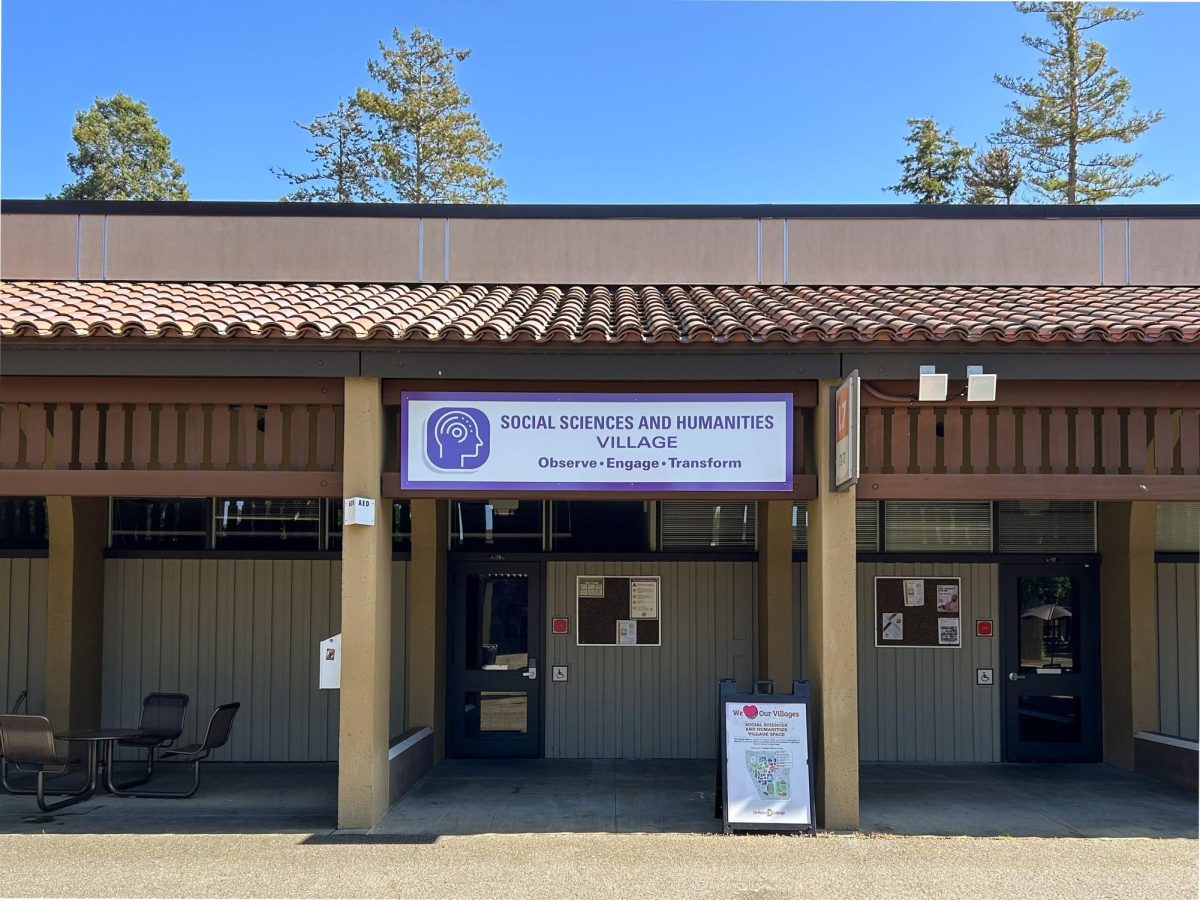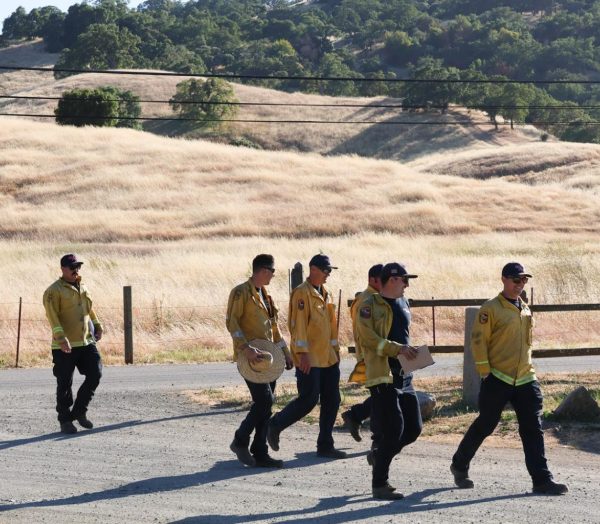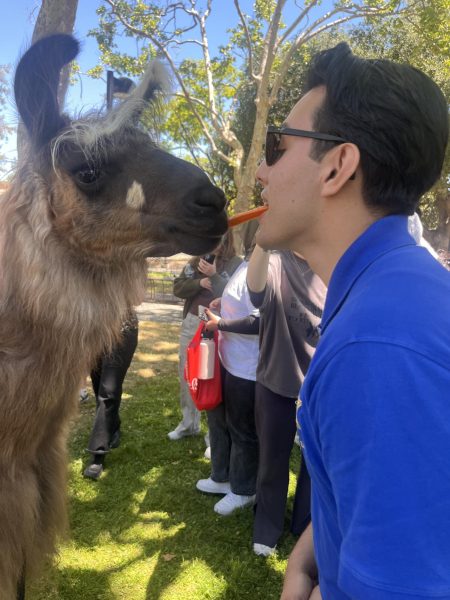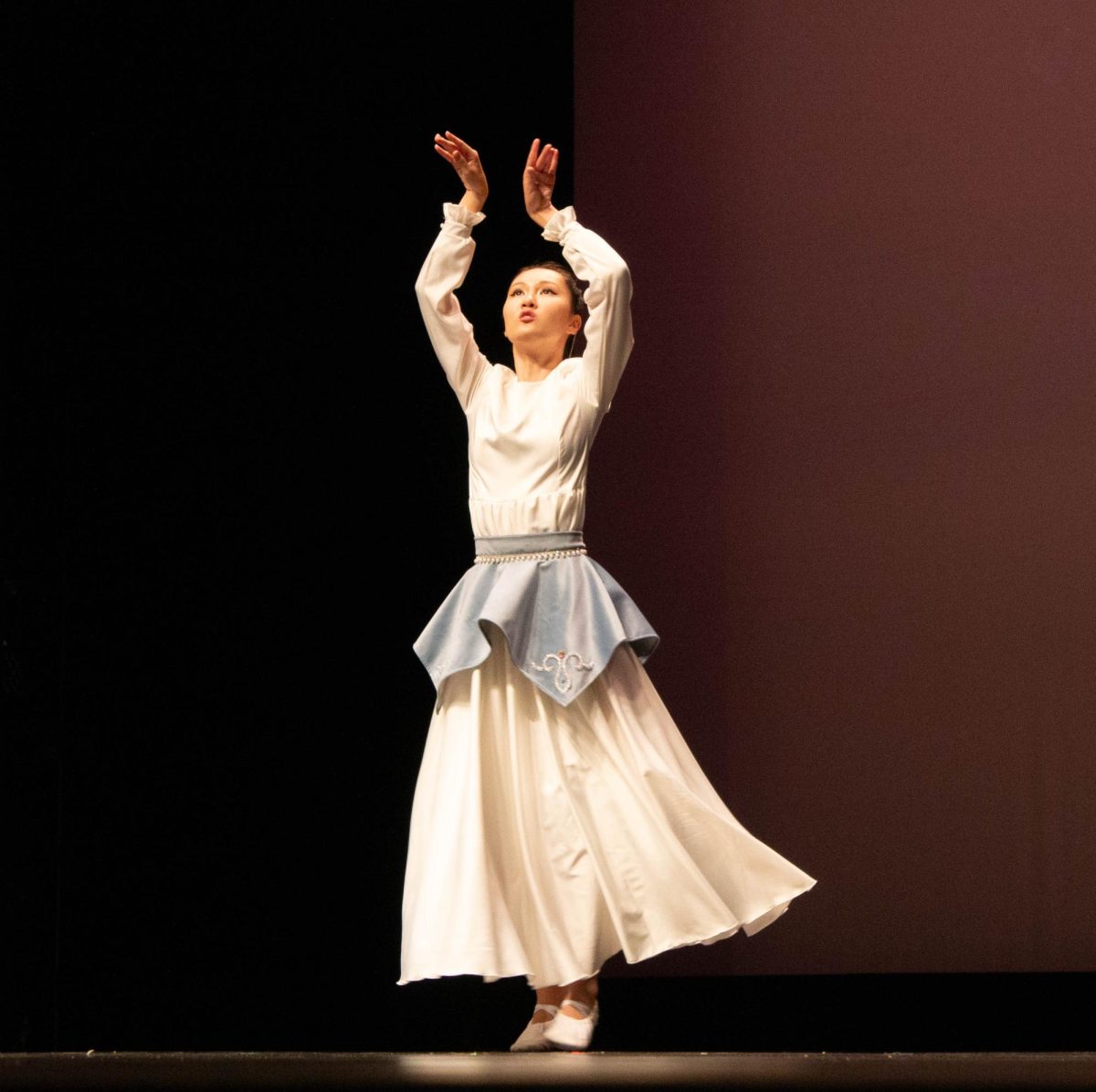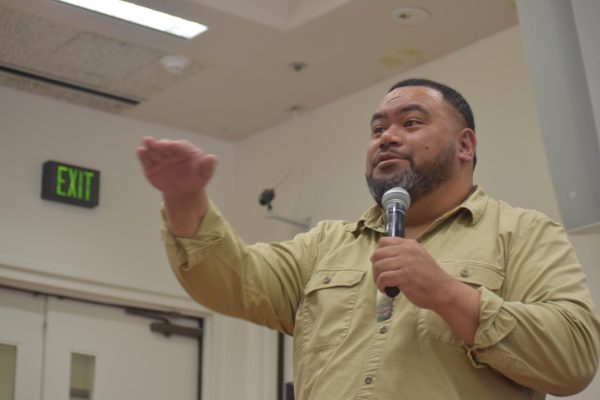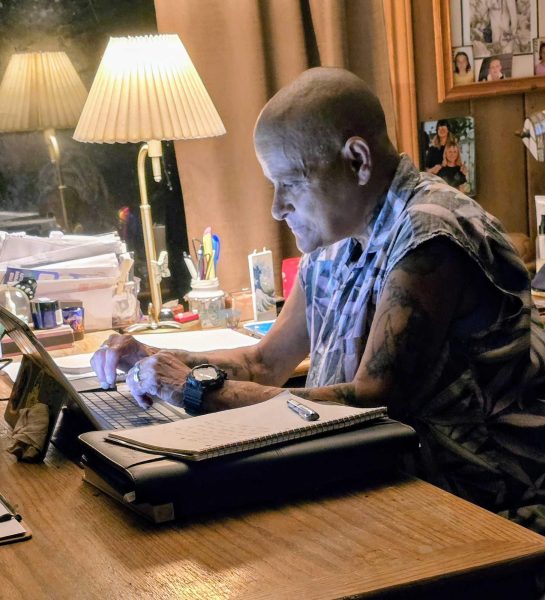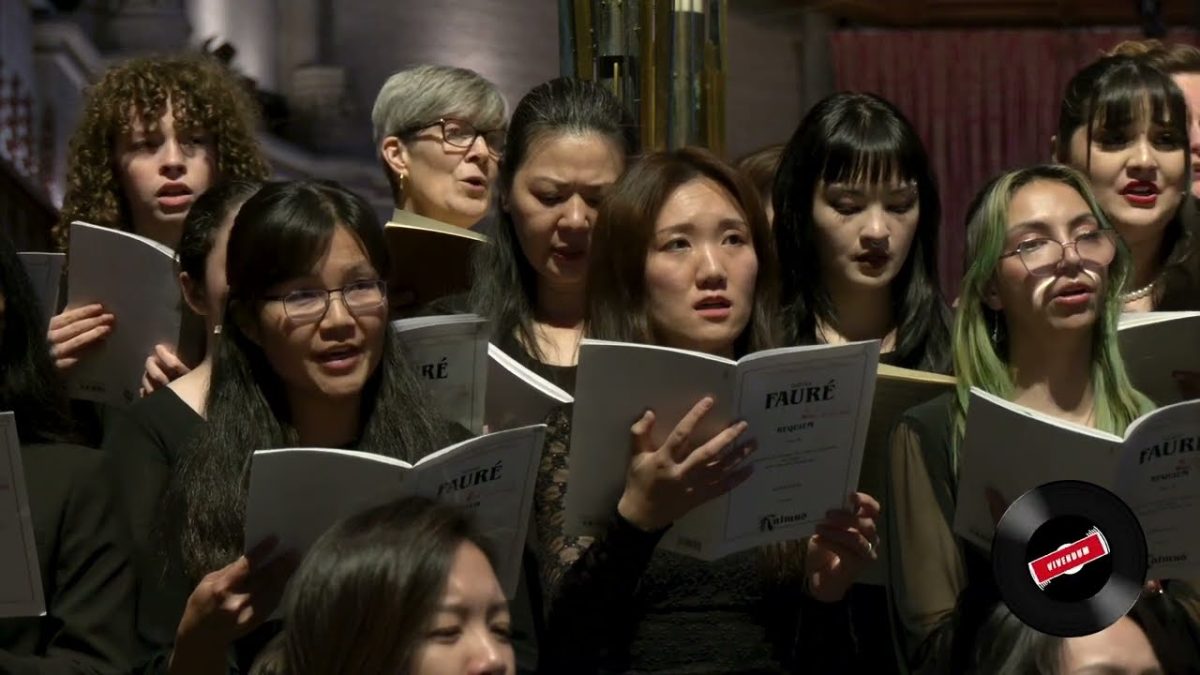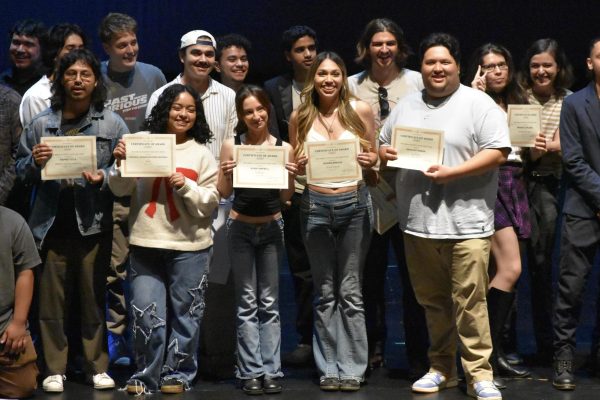Students advocate for Filipino ethnic studies class
March 19, 2019
In a rare move, De Anza students who advocate for a Filipino Studies class are taking steps to create the course curriculum themselves.
The Filipino Class Committee hopes to get a Filipino ethnic class in the Intercultural Studies department running by Fall quarter, 2020.
In order to do so, the committee needs to create their own syllabus, obtain approval by the department dean, find an instructor, and convince enough students to sign up to take the class.
Committee member Matthew Dumanig, 21, computer science major, said the idea for a Filipino-specific course started two years ago, when he took a Pacific Islander History and Culture course and saw a number of Filipino students hoping to learn about their own culture, which wasn’t covered in class.
But concrete steps towards creating the class weren’t taken until last quarter, when the committee was able to recruit more students to take part in the process, he said.
While trying to prepare a specific course outline in the fall, the group ran into difficulties unique to the student-led aspect of the process.
“How do we make a course outline when we ourselves don’t necessarily know all about Filipino history and culture?” Dumanig asked.
So the students met with faculty and staff advisers to talk and learn about those topics, which “was kind of like a little class in itself, a very informal kind of class, where we’re all just trying to learn,” Dumanig said.
Office of Equity program coordinator Tony Santa Ana said the students should be proud of their work in the process.
“It’s amazing because students are actually taking ownership of their own learning,” he said. “They’re actually creating a course but also learning in the process about their own history.”
This learning process has slowed down the work towards creating the course curriculum, but Dumanig said he hoped they would finish by the upcoming April ciriculum deadline. If the committee wants to have the class offered starting by Fall 2020, which is the earliest date possible, they need to finish their work by the beginning of next month.
“These next few weeks, we need to kind of cram out the course outline and then get all the signatures (necessary for approval).” Dumanig said.
He and other committee members hope they can get the course up and running as soon as possible
With a significant population of Filipinos studying at De Anza, it is important to have a class focusing on their history, culture, and contemporary issues, committee member Rochelle Gatus, 22, liberal arts major, said.
About 7 percent of De Anza’s student identify as Filipino.
“I know a lot of kids have Chinese school, Japanese school, Korean school, where they learn their language and everything,” she said. “But we didn’t have that here, so this is kind of our late crash course.”









